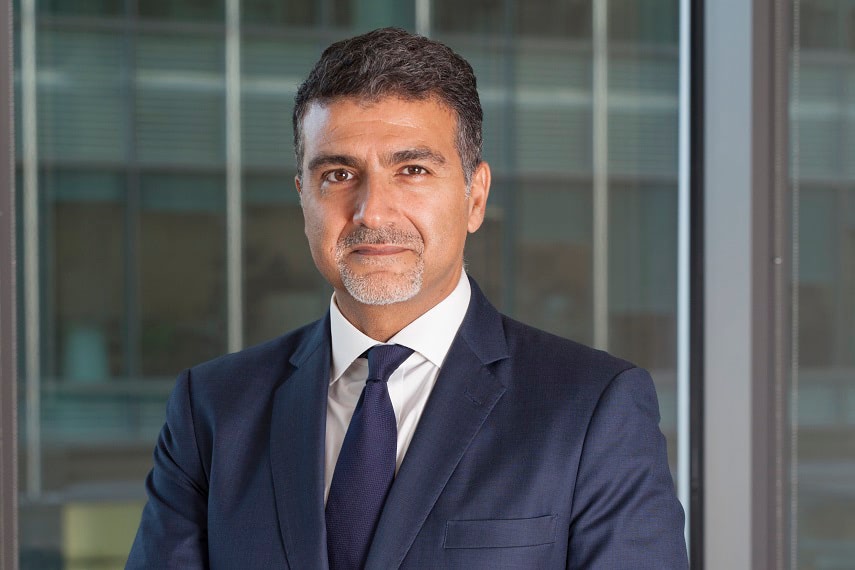Fitch Learning Report Spotlights Top Issues Driving Financial Services Skills Gap in Next Ten Years

London/New York/Singapore – 11 February 2021: Fitch Learning (@FitchLearning) has today published a research report “Minds & Machines – The Road Back! Addressing the Skills Gap in Financial Services” and a keynote speech by The Rt Hon. the Baroness Morgan of Cotes, former United Kingdom Secretary of State for Education and Minister for Women and Equalities, that spotlights the top issues that are driving the financial skills gap in the next ten years and beyond.
The report presents the findings of a research study carried out by Fitch Learning amongst an audience of 150 senior banking and L&D executives drawn from leading financial institutions across 10 different nations, who came together virtually at its fourth Minds and Machines event held in October 2020. The findings reveal that:
- The skills gap can be separated into two focal areas: hard skills and soft skills.
- Developing leadership ability amid rapid technological change is the primary skills gap focus (39%).
- Diversity-focused recruitment and promotion is now a top three business issue for financial services (66%).
Baroness Morgan’s speech provides a set of observations and guidance for financial services leaders on addressing the financial services skills gap to ensure competitiveness in the decade ahead. She focuses on three areas: the way we will work from now on; the future role of employees in professional service businesses and how the financial services sector will evolve as a result of the recent experiences in the global pandemic and concludes:
“I am optimistic that, as a whole, financial services businesses can see there are new ways of doing things, new ways of embracing technology and new ways of making sure we have a very successful sector. I believe more in the industry will find actually that by working with government, we are able to plug those skills gaps. Crucially, those gaps are not just about knowledge. They are also about developing skills around character resilience and self-motivation as well. If we can focus our attention on that too, then we will have great talent and the UK will be well-placed for the future.”
Seb Dovey, Thought Leader-In-Residence for Fitch Learning, said:
“Our insights show that the experiences of 2020 have exposed, and most often in unexpected ways, the skills gaps for financial services businesses. The financial skills gap is not purely centred on addressing technical capabilities. For some time there has been recognition that the financial services sector employee-base was not representative of wider society along socio-economic, ethnic and gender-based measures. A growing body of research evidence indicates firms proactively building a more diverse workforce in the sector will improve their approach to, among many factors, business, culture and even attract new custom.”
Andreas Karaiskos, CEO of Fitch Learning, said:
“I’m delighted our 2020 Minds & Machines event provided the opportunity for the global audience to share and explore ideas that can help progress their strategy in relation to closing the skills gap in the financial services industry. At Fitch Learning we believe that by working together with government, employers and academia, we will not only be able to rapidly find new solutions to fill these gaps, but make real positive change to how the industry sources and develops future talent.”
The published report and keynote speech are available to download at https://www.fitchlearning.com/












Responses